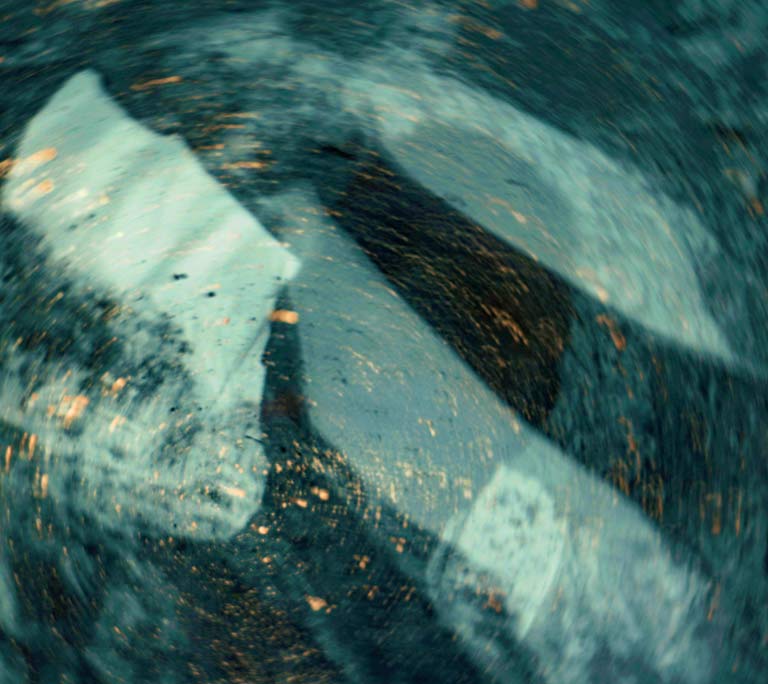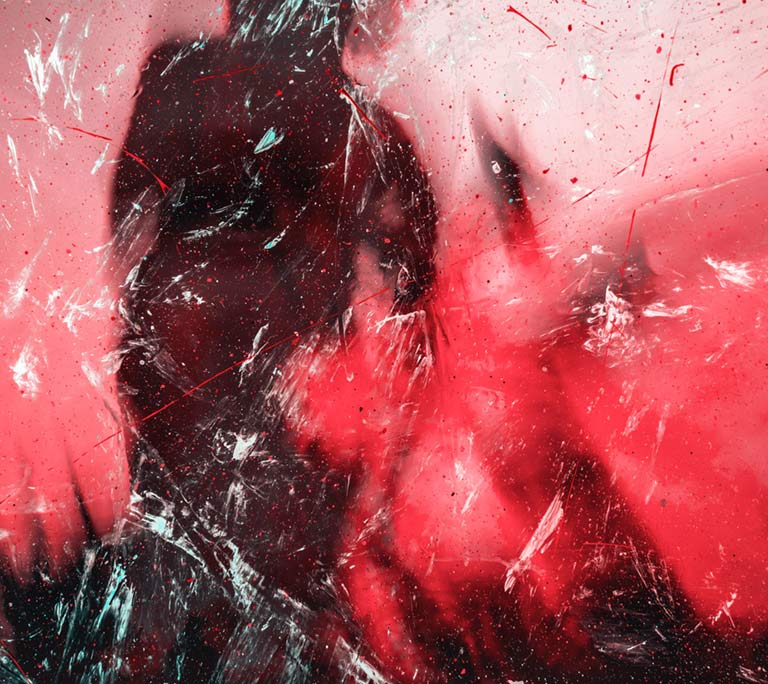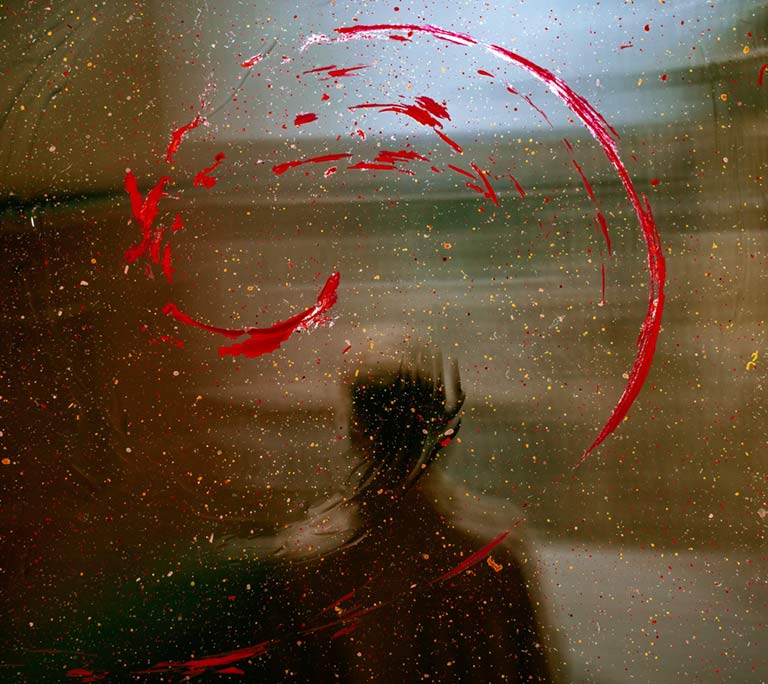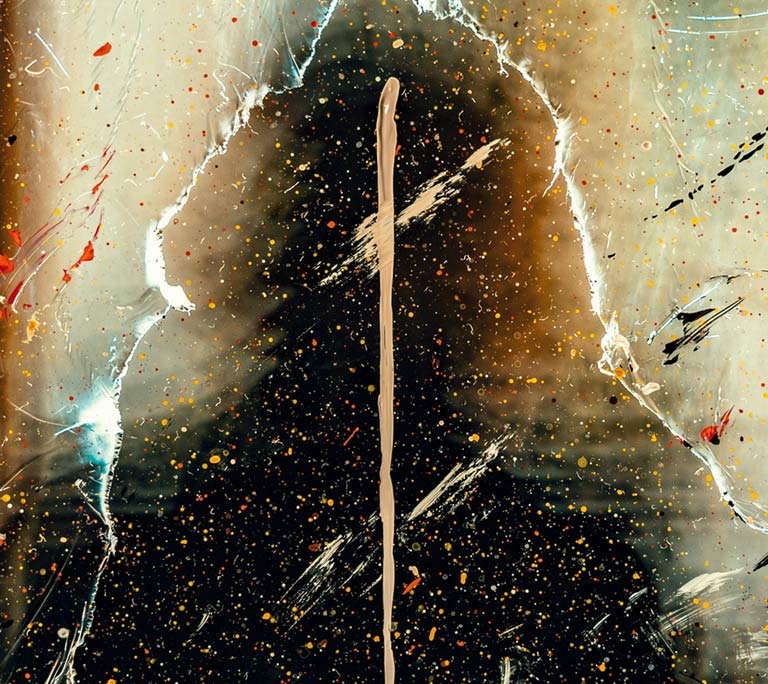Jung’s Contribution to Male Psychology
Carl Jung believed that the male psyche was characterised by a particular set of archetypes and unconscious patterns that were distinct from those of the female psyche. He believed that these archetypes were universal and were found across all cultures and time periods.
Jung believed there was a collective unconscious that contained universal archetypes and patterns of behaviour that were common to all humans. These archetypes, including the archetype of the Father, the archetype of the Hero, and the archetype of the Wise Old Man, represented various aspects of the human psyche, including the male psyche.
Jung believed that the process of individuation, which involves integrating all aspects of the self (both conscious and unconscious) into a unified whole, was essential for achieving psychological wholeness. He believed that men needed to embrace their true selves and pursue their own unique paths in life in order to achieve this.
Jung also believed that the male psyche was characterised by a strong sense of individuality and a drive for self-realisation. He believed that men had a natural desire to pursue their own unique path in life and to fulfil their potential as individuals. This process of self-realisation, which Jung called individuation, was a central focus of his work, and he believed that it was essential for men to achieve psychological wholeness and fulfilment.

The Father Archetype
In Jungian psychology, the father archetype represents the universal pattern of the father figure that is present in the collective unconscious of all humans. This archetype is often associated with the qualities of authority, wisdom, protection, and provision.
According to Jung, the father archetype can manifest in both positive and negative ways. In its positive form, the father archetype represents a nurturing and supportive figure who provides guidance and stability to the individual. This can include biological fathers, as well as other figures who serve as father figures in the individual's life.
However, the father archetype can also manifest in negative ways, such as in the form of an authoritarian, controlling, or abusive father figure. In this case, the father archetype can represent the negative aspects of authority and power, and can be associated with feelings of fear, anger, and repression.
Jung believed that the father archetype plays an important role in the development of the individual's psyche. The father archetype is often activated in the individuation process, which is the journey of becoming one's authentic self. Through the integration of the positive aspects of the father archetype, the individual can develop a sense of inner authority, responsibility, and self-discipline. However, the negative aspects of the father archetype must also be acknowledged and integrated in order to achieve wholeness and balance in the psyche.
Overall, the father archetype is an important concept in Jungian psychology, and can provide insight into the dynamics of power and authority in the individual's life, as well as the role of parental figures in shaping the individual's development.

The Hero Archetype
The hero archetype is one of the key archetypes in Jungian psychology, representing a universal pattern of the heroic journey that is present in the collective unconscious of all humans. The hero archetype is often associated with qualities such as bravery, strength, and determination, and it is often depicted in stories and myths throughout human history.
According to Jung, the hero archetype is activated when an individual is faced with a challenge or a crisis that requires them to take action and overcome obstacles. The hero archetype represents the individual's inner strength and courage, as well as their ability to face their fears and conquer them.
The hero's journey often involves a period of trial and tribulation, during which the individual must confront their own limitations and overcome them. This process of facing and overcoming challenges is often a transformative experience, allowing the individual to develop a greater sense of self-awareness and self-esteem.
In Jungian psychology, the hero archetype is often associated with the process of individuation, which is the journey of becoming one's authentic self. Through the hero's journey, the individual can confront their own shadows and integrate them into their psyche, ultimately achieving a greater sense of wholeness and balance.
Overall, the hero archetype represents a powerful symbol of human potential and transformation, and it can provide insight into the dynamics of personal growth and self-realization.

The Wise Old Man Archetype
The wise old man archetype is a universal pattern that represents a wise and knowledgeable figure who offers guidance, support, and wisdom to the individual. In Jungian psychology, the wise old man archetype is often associated with qualities such as wisdom, insight, and intuition, and is often depicted in stories and myths as a mentor or a teacher.
According to Jung, the wise old man archetype represents the individual's own inner wisdom and higher self, and it can manifest in various forms, such as a mentor, a therapist, or a spiritual teacher. The wise old man archetype can also represent the individual's connection to the collective unconscious, and the knowledge and wisdom that is passed down from generation to generation.
The wise old man archetype is often activated in the individuation process, as the individual seeks to connect with their own inner wisdom and achieve a greater sense of self-awareness and personal growth. Through the guidance and support of the wise old man archetype, the individual can gain insight into their own psychological and spiritual development, and move towards greater wholeness and self-realisation.
Overall, the wise old man archetype is an important concept in Jungian psychology, representing a universal pattern of wisdom and knowledge that is present in the collective unconscious. By understanding and working with this archetype, individuals can gain insight into their own psychological and spiritual development, and move towards greater wholeness and self-realisation.

The Anima and the Animus
Carl Jung introduced the concepts of anima and animus as part of his theory of the collective unconscious. Anima and animus are the two primary archetypes that represent the feminine and masculine aspects of the psyche, respectively.
Anima is the feminine archetype that exists within the male psyche, while animus is the masculine archetype that exists within the female psyche. According to Jung, each individual has both anima and animus within their unconscious, and the relationship between these archetypes is an important part of the process of individuation and psychological development.
Jung believed that the anima and animus were responsible for influencing an individual's relationships with the opposite sex. The anima represents the feminine qualities that men possess, such as intuition, emotion, and creativity, while the animus represents the masculine qualities that women possess, such as rationality, assertiveness, and action. These archetypes can influence how individuals perceive and relate to members of the opposite sex, and can also impact their own sense of identity and self-image.
Jung believed that the integration of the anima and animus archetypes was a critical part of the individuation process. By acknowledging and accepting the opposite-sex qualities within themselves, individuals can achieve a greater sense of balance and wholeness in their psyche. This process can also lead to a greater understanding and acceptance of the opposite sex, and can help individuals to form healthier and more fulfilling relationships.

-su.jpg/$file/male-psychology($1$)-su.jpg)